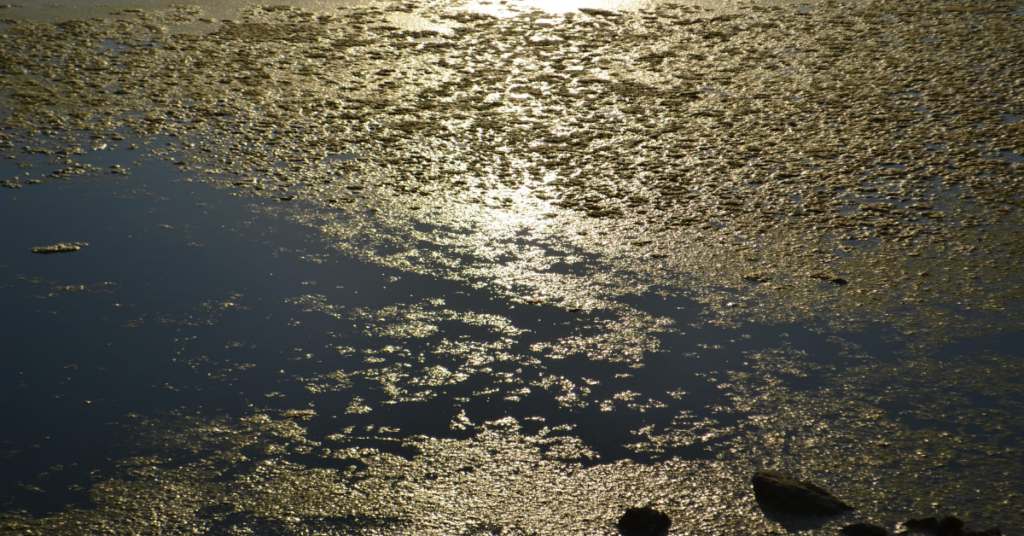Climate change will alter water temperature, volume, and flow variability, the three main predictors of freshwater ecosystem composition. With Africa’s freshwater ecosystems already strained by the demands of a growing human population, freshwater biodiversity will face many additional stressors associated with climate change, which are expected to significantly affect the composition and functioning of freshwater ecosystems over the coming decades.
Warmer rivers and streams
Climatologists and hydrologists predict that freshwater ecosystems will generally experience increases in temperature due to climate change. These changes are already evident in Africa: for example, Lake Albert in DRC Uganda The Zambian border, and Lake Mweru Wantipa recorded surface temperature increases of 0.62°C and 0.56°C over the last decade respectively.
Like their terrestrial counterparts, many freshwater species are sensitive to temperature changes. Warmer water also contains less dissolved oxygen and greater toxicity from pollutants. Additionally, longer growing seasons and higher water temperatures will cause an overall increase in primary productivity and decomposition rates, which in turn will lead to increased nutrient loads, algal blooms, and eutrophication.
All of these factors will force many freshwater species, even those that are not sensitive to temperature changes, to adjust their ranges to keep up with the appropriate conditions. Many of these adjustments will be hampered by habitat fragmentation, especially dams and other human constructions blocking proper dispersal pathways.
As an added complication, many aquatic organisms cannot travel by land, so they are naturally limited to adjusting their range along the rivers and streams in which they live. But the orientation of these rivers and streams may not follow adequate thermal insulation: think of cold-water species that need to disperse to higher elevations, and therefore upslope, as their climatic niche moves higher up a mountain.
For some freshwater species, the obstacles to the necessary adaptation of their ranges may be insurmountable.
Altered flow regimes
Altered precipitation levels will have several impacts on freshwater ecosystems, particularly with respect to changes in their flow regimes. For example, areas subject to low rainfall will experience reduced runoff and increased drying, while areas with heavy rainfall will experience higher storm surges and hot flashes.
These changes, coupled with the impact of increased water withdrawal rates and evapotranspiration in a warmer world, lead to significant changes in water levels, flows, sediment loads, water turbidity, and the structure of the physical environment.
It is estimated that about 80% of African freshwater fish will experience significant changes in flow regime, and the region is likely to experience substantial changes in the composition of freshwater communities over the next few decades. Given these multiple stressors, it is reasonable to expect that many freshwater species disappear or face significant population decline and range shifts in the coming decades.
These changes are of great concern in Africa, where so many people depend on fish and its natural resources for their livelihoods. Communities in Uganda, Malawi, Guinea, and Senegal are already struggling to meet their nutritional needs due to the climate-induced decline of freshwater fish.
In addition, in Lake Tanganyika, which provides 20-40% of the dietary protein of surrounding countries, fish crops have decreased by 30% in recent years, also attributed to climate change.

Erzsebet Frey (Eli Frey) is an ecologist and online entrepreneur with a Master of Science in Ecology from the University of Belgrade. Originally from Serbia, she has lived in Sri Lanka since 2017. Eli has worked internationally in countries like Oman, Brazil, Germany, and Sri Lanka. In 2018, she expanded into SEO and blogging, completing courses from UC Davis and Edinburgh. Eli has founded multiple websites focused on biology, ecology, environmental science, sustainable and simple living, and outdoor activities. She enjoys creating nature and simple living videos on YouTube and participates in speleology, diving, and hiking.

